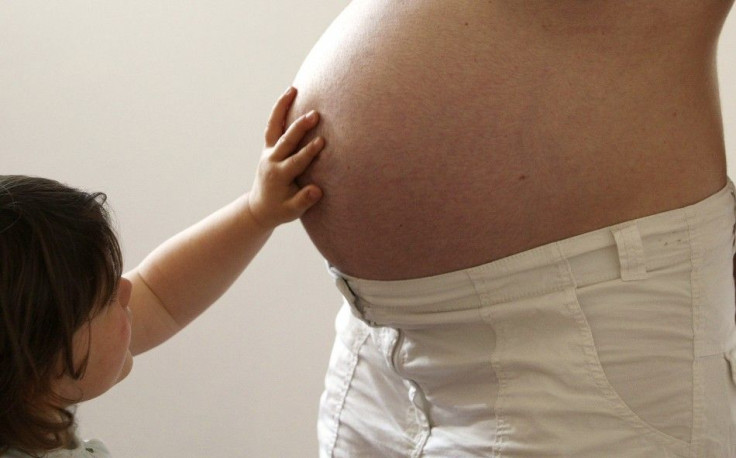C-Section Babies are Missing Crucial Gut Bacteria, Study Finds

The gut microbiome (the community of microbes) plays a crucial role in immune health and any imbalance in it can lead to disorders such as obesity, high cholesterol, and high blood sugar. A recent study has found that the type of birth can impact a newborn’s microbiome profoundly.
The largest-ever study of the newborn microbiome has revealed that the children delivered vaginally carry a different microbiome than that of those delivered via C-sections. The findings suggest that the children born via a cesarean section tend to lack strains of gut bacteria found in healthy individuals and rather contain those harmful microbes that are persistent in hospitals.
The authors sought to analyze nearly 600 births in the United Kingdom, however, failed to determine if these microbial difference can have an impact on their future health. It emphasizes the fact that the presence of disease-causing bacteria is of great concern.
"The level of colonization by health-care pathogens is shocking in these children. When I first saw the data, I couldn’t believe it,” says the lead author Trevor Lawley, a microbiologist at the Wellcome Sanger Institute, U.K.
Although previous researches have suggested that children born via c-sections fail to acquire the microbiomes from their mothers (which children delivered vaginally do), this study has led some parents to swab the newborns delivered by C-section with vaginal fluids, in an attempt to restore any lacking microbes. This process, called vaginal seeding is, however, controversial and its safety and effectiveness are yet to be proved.
The findings highlight a clear-cut difference between the gut microbiotas of the babies delivered vaginally and those via C-sections. The newborns delivered via C-sections missed certain strains of commensal bacteria (those found in healthy individuals), whereas, the vaginally delivered babies had their gut community made of these entirely. The C-section babies happen to be dominated by opportunistic bacteria like klebsiella and enterococcus that circulate in the hospitals. The difference was so stark that the author says that he could just take a sample from a child and determine the kind of birth they had.
The study is a part of the “Baby Biome Study” that is being undertaken to follow thousands of more newborns into their childhood and find out if the mode of a child’s birth and the accompanying changes in microbiota has any health associations.
© Copyright IBTimes 2025. All rights reserved.






















